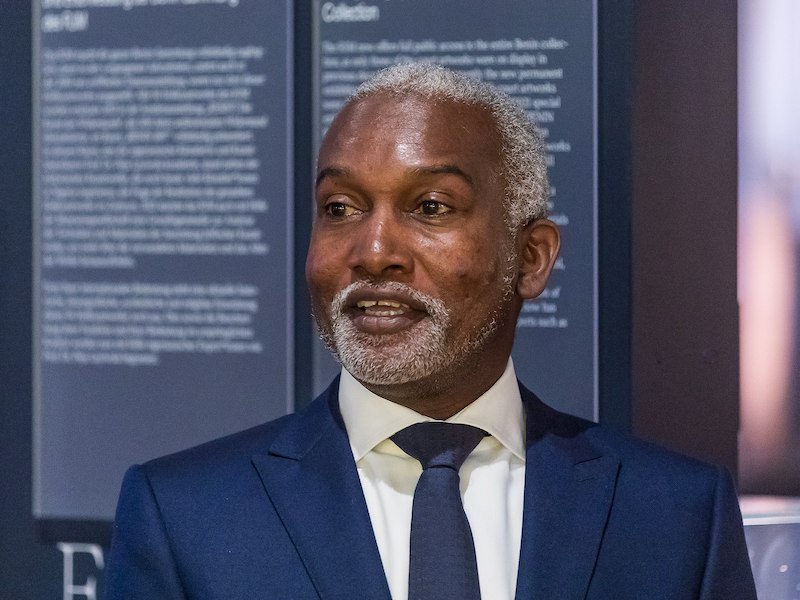The stakeholders highlighted the critical role of satellite technology in combating marine pollution, detecting oil spills, safeguarding marine biodiversity, and promoting sustainable shipping in Africa.
They emphasized the importance of establishing comprehensive frameworks at local, national, and regional levels to monitor and address marine pollution effectively.
Collaboration, innovation, and strict enforcement of environmental laws were identified as essential for preserving Africa’s maritime ecosystems.
The discussion took place in Lagos during the opening of a three-day workshop themed “Leveraging Earth Observation for Oil Spill, Transshipment, and Ship Detection.”
The workshop, organized by the Nigerian Institute of Oceanography and Marine Research in collaboration with Marine and Coastal Areas Management for West and Central Africa and Global Monitoring for Environment and Security in Africa, brought together experts to devise strategies for preserving Africa’s maritime environment.
Commenting, President of the Nigerian Association of Master Mariners, Tajudeen Alao, highlighted the unparalleled precision of earth observation satellites, explaining how these technologies enable precise mapping of oil spills and maritime pollution, ensuring prompt responses and effective containment measures.
“Satellites provide better accuracy compared to human or drone surveillance. They enable swift mapping of oil spills and monitoring of pollution movement, making them indispensable tools for environmental protection and sustainable shipping,” Alao said.
He underscored the economic repercussions of oil spills, emphasizing their detrimental effects on fisheries, marine ecosystems, and coastal communities.
Citing Ghana’s progressive policies, he called on Nigeria to implement stricter measures, such as imposing heavy fines and revoking licenses for violators.
“Polluters must pay. The cost of cleaning up pollution is enormous, international mechanisms like the International Maritime Organisation and the IOPC fund should be leveraged to support cleanup efforts and compensate affected communities,” Alao added.
Meanwhile, the Provost of the College of Basic and Applied Science at the University of Ghana, Prof. Sandow Yidana, noted Ghana’s stringent environmental policies. He explained that companies are required to sign environmental protection agreements before starting operations, with violations resulting in multimillion-dollar penalties or license revocation.
Yidana stressed the importance of satellite technology for real-time mapping and tracking of oil spills and marine pollution. He urged Nigeria to implement similar measures to those of Ghana to improve accountability and transparency.
In his remarks, the Executive Director/Chief Executive Officer of NIOMR, Prof Sule Abiodun, called for regional cooperation and investment in advanced technologies to safeguard Nigeria’s marine environment.
He pointed out the risks linked to oil production and maritime activities, stressing the need for a comprehensive national contingency plan.
Nigeria’s oil operations, including ultra-large crude carriers loading up to three million barrels at Single Point Mooring terminals, are significant. Any leakage could have catastrophic environmental impacts,” Abiodun warned.










